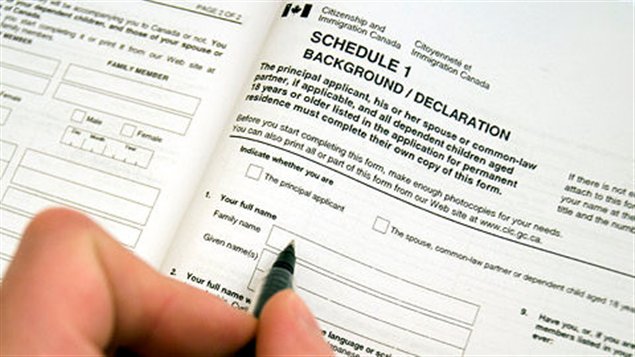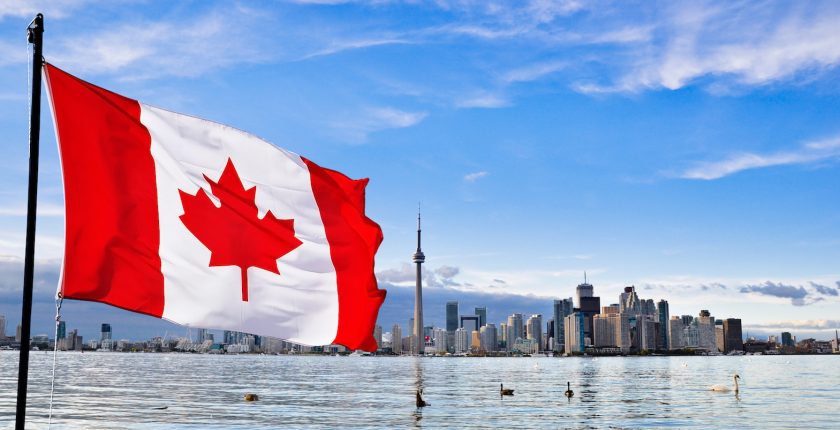I’m considering migration, but I don’t know where to start?
Many readers have been asking this question, and the answer isn’t quite so simple. Many people don’t know where to find the proper information, what the specific requirements are, how much money they will need to have saved up, etc. Migration depends on a number of factors, all of which are influenced by an applicant’s personal circumstances. Whether they are students, working professionals, retired, or visitors; their status will impact their migration journey.
Although everyone’s situation is unique, I would like to suggest some initial steps, which apply to most individuals, in the migration process.
1. Seek Online Resources
Information about a country’s immigration policy, found on their official government website, is perhaps the most reliable source for knowledge. Official immigration sites will lead you to open programs, visa applications, and applicant requirements. Although there is always the option of hiring an immigration consultant that may be premature, depending on what stage of your migration journey you are in. Seeking reliable information online is time-consuming and takes dedication; however, if you’re truly committed to this decision you will be the one to initiate this process. It’s important to take it one step at a time. Often countries will have several rules and regulations regarding their immigration policies. This can become overwhelming, so it’s crucial to organize and sort through all your information. Find our which regulations apply to you, which requirements you can and cannot fulfill, and how long the processing wait is.
In addition to researching the bureaucratic process of migration, it is also imperative that you research social and economic factors. Everything from your job prospects to the cost of living. Depending on your particular situation and what country you are planning to migrate to, you will need to research children’s education, health care, climate, housing, transportation, etc. Be cautious of unreliable sources, incorrect material, or outdated information.
2. Evaluate Your Own Credentials
After you have determined what the requirements of migration are, it is important to reflect on your own qualifications. To what extent will the country you wish to migrate to recognize your educational achievements? Do you have the necessary career experience to qualify for a certain visa/work permit? Do you have enough capital to follow through with the migration? Answers to all these questions vary depending on each individual or family looking to migrate.
 At this stage, it is important to recognize what you are lacking, and what you can do to fulfill those deficiencies. For many this stage is difficult because they recognize the extent of their shortcomings. Whether it be in qualifications or capital, for some this stage helps them acknowledge that migration may not be a possibility for them, for at least the next few years. For others this process brings to light the magnitude of the migration process itself. It is far from easy, having to start a new life, in a new country where there may be language and cultural differences, new social norms, economic challenges, etc. At this stage it is important to ask yourself whether you really want to follow through with your decision to migrate.
At this stage, it is important to recognize what you are lacking, and what you can do to fulfill those deficiencies. For many this stage is difficult because they recognize the extent of their shortcomings. Whether it be in qualifications or capital, for some this stage helps them acknowledge that migration may not be a possibility for them, for at least the next few years. For others this process brings to light the magnitude of the migration process itself. It is far from easy, having to start a new life, in a new country where there may be language and cultural differences, new social norms, economic challenges, etc. At this stage it is important to ask yourself whether you really want to follow through with your decision to migrate.
3. Be Prepared
It is important to recognize that even though this process may be difficult it can also be rewarding. Finding a community within the country you wish to migrate to may help ease the process. It will also help to form relationships with people who have or are considering migrating as well. They can share personal stories and provide addition information on existing procedures and policies, changing requirements, job prospects, etc.
Although these steps are simply the beginning of a long process, I encourage you to do your own research and plan on how to achieve your dream of migrating.

